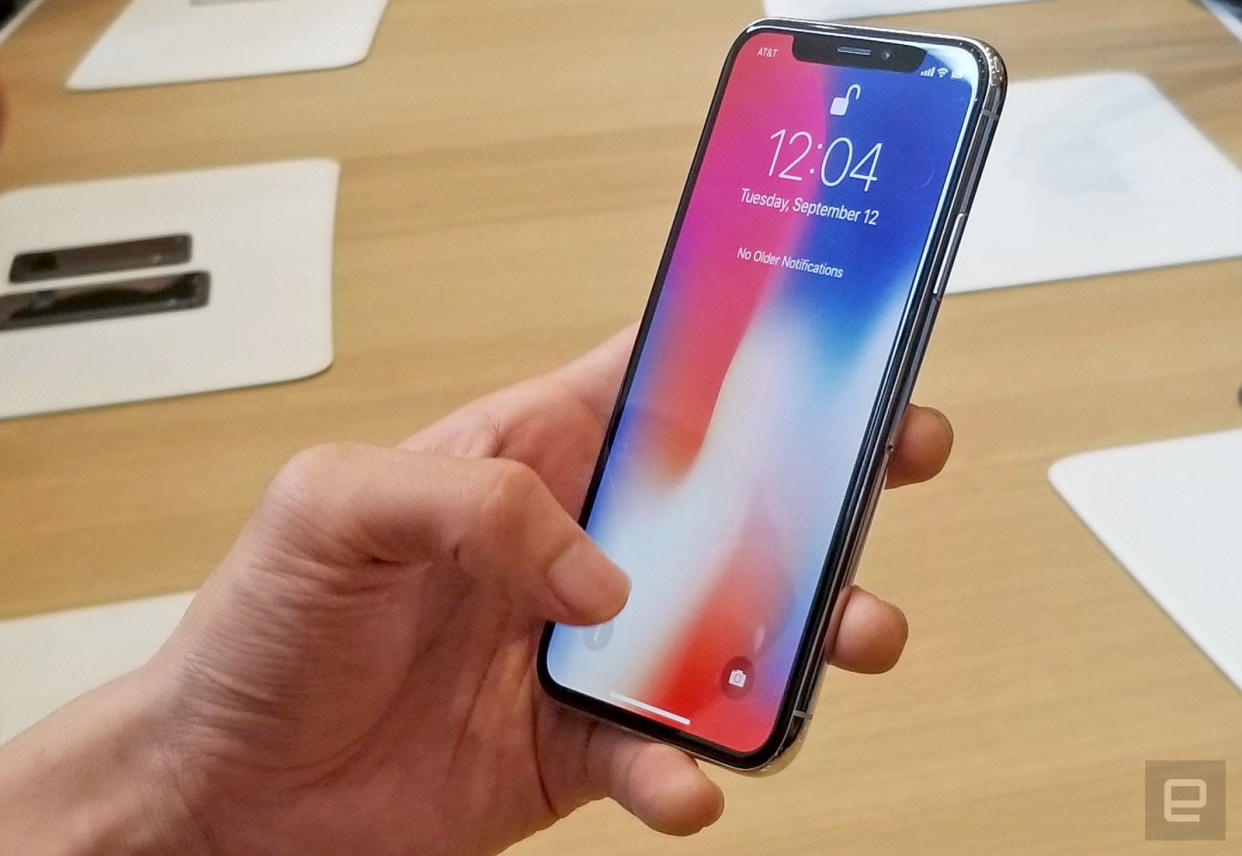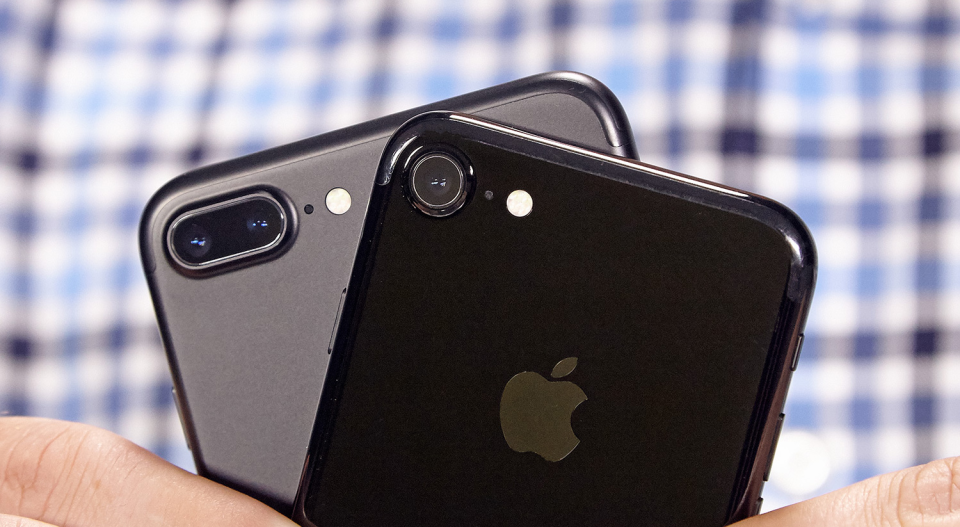Five things you didn’t know your iPhone was tracking (and remembering)

Apple’s new Face ID system has stoked debate over just how much iPhone actually knows about you – with activists in China selling anti face-recognition masks.
The idea is that you wear the mask while sleeping – so thieves can’t unlock your phone without your permission.
It’s a little paranoid – but it’s definitely the case that iPhones know an alarming amount about you, and store some very strange bits of data.
MOST POPULAR ON YAHOO NEWS UK:
Explosion on London Tube carriage sparks panic
Japanese told to find shelter after North Korea ‘fires new missile’
Mother’s heartbreaking account of how daughter, 5, was raped by brother, 12
Mysterious ‘faceless’ creature found washed up on beach after Hurricane Harvey
Lorry driver ‘who killed eight was sleep in slow lane for 12 minutes’
Islander recovering from Hurricane Irma ‘raped by prisoner on the loose’
For instance, when you speak to Siri, did you realise that the information would be stored online for two years?
Here’s a small sample of the data your iPhone tracks, stores and remembers about you.
Where you’ve been

There’s an alarming ‘secret’ menu on iPhone which shows all the places you frequently visit – and is buried deep within your iPhone’s menu.
To see what’s in yours, go to Settings, then Privacy, then Location Services.
Then tap the System Services menu and scroll down to Frequent Locations menu.
More worryingly, other apps can access your location data too – even when you’re not using them.
To police this, go to Settings > Privacy > Location Services and turn it off.
Where you took your photos
Go into iPhone’s Memories app, and you’ll be able to filter images by location – an indication of the fact that every photo in iPhone carries location data inside it.
That obviously poses certain privacy risks – ie of telling someone where you live – so there’s a way to remove this.
To stop ‘geotagging’, go to Settings > Privacy > Location Services > Camera and select ‘never’.
Your deleted photos
Thought you’d deleted that embarrassing photo – and it would be gone forever?
Much like a normal PC, when iPhone deletes a photo, it’s not instantly erased – it’s just marked as ready to be written over with new data.
That means you can reclaim old photos (there’s PC software to do this) – and police have busted people by finding photos they thought had been deleted.
Everything you’ve ever said to Siri
Apple’s Siri voice assistant actually stores what you’ve said to it for up to two years, Apple has admitted.
It’s not quite as alarming as it sounds, though – an Apple spokesperson explained to Wired that the data is stored, linked to your phone number for six months, then anonymised.
Why does Apple store it for the extra 18 months? The idea is to improve Siri, rather than anything more alarming, the tech giant says.
Every step you take
You may not know this, but Apple is counting and recording every step you take – and you’ve ‘opted in’ by default.
Regardless of whether you use the Health app, it’s recording this data.
You can turn it off via Settings > Privacy > Motion and Fitness.

 Yahoo News
Yahoo News 

